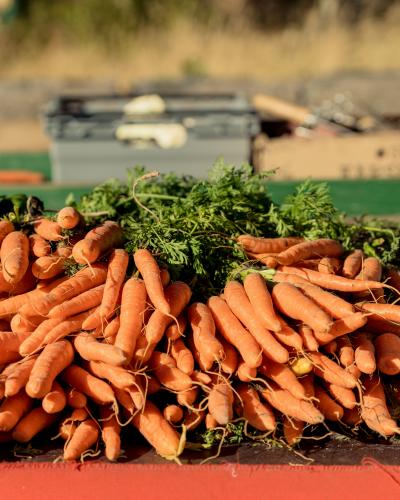A study investigating organic nutrient management conducted at Colorado State University found that on-farm–grown cyanobacterial fertilizer, or cyano-fertilizer...
To measure the impact of adopting organic practices in agriculture, a recent study quantified greenhouse gas emissions on...
Childhood exposure to synthetic glyphosate via diet and pesticide drift is associated with metabolic and liver disorders in adulthood, according to a recent American study published in the journal...
Organic farming practices regulated by the USDA successfully limit soil risk to colonization by pathogenic bacteria, according to a recent American study published in the journal Frontiers in...
When farmers increase the number of crops in their fields, this in turn changes the landscape, and wild pollinators stand to benefit, according to a paper published yesterday in...
Farmers and retailers looking to expand into organic apples, cucumbers, strawberries, and tomatoes can use insights from a new study on where organic premiums for the produce...
Using biological soil amendments in organic farming is the most effective way to store carbon in the ground to fight climate change and boost soil health for better food production. And since...
Climate change has increased extreme weather events like flood and drought, while population growth and development have caused habitat loss and fragmentation, and both of these climate and land...
A new study in the journal Nutrients has found that packaged and processed foods with the USDA Organic label contain fewer ingredients that are linked to negative health outcomes than non-organic...
There is a growing body of science that shows organic farming is more profitable than conventional. While this is largely attributed to higher premiums paid for the organic brand, a recent study...












